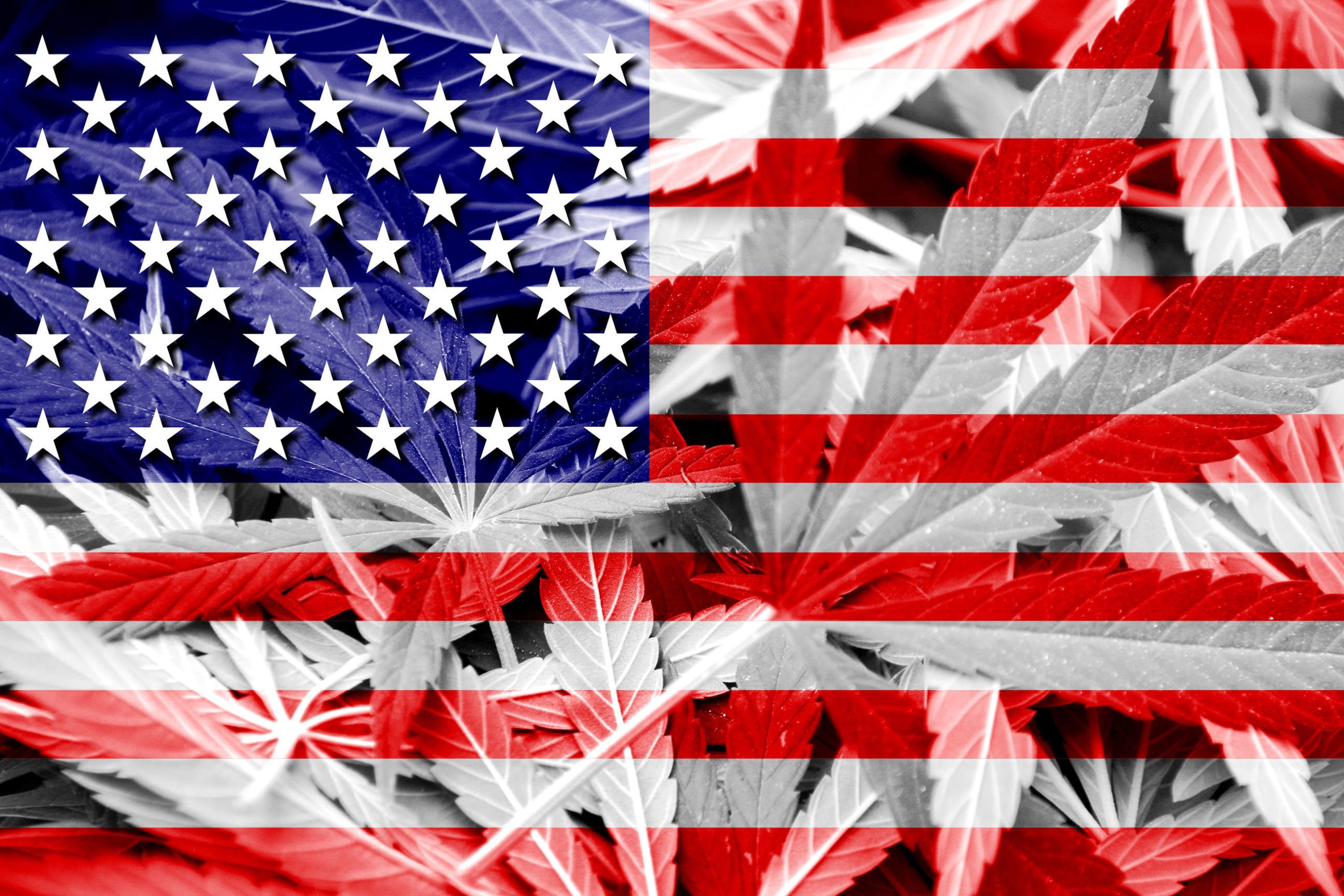(Part of Marijuana Business Daily’s ramped-up coverage of the global cannabis market includes a series examining recent marijuana legalization and business developments worldwide. Other installments focused on Colombia, Uruguay, Chile and Argentina.)
Brazil is poised to become the largest Latin American cannabis market in the long term, but regulators have been slow to expand the existing program over the last few years.
Opportunities are also slow to develop in Paraguay and Peru, where medical cannabis laws were passed recently but still lack details about implementation.
Brazil snapshot
With a population of more than 200 million, Brazil has the potential to have one of the largest medical cannabis patient counts in the world.
It also is one of the largest agricultural producers of the world and boasts a strong pharmaceutical industry, providing a solid foundation on which to build the industry.
Imports of medical cannabis started in 2014, when a handful of families obtained special authorizations from ANVISA (Agência Nacional de Vigilância Sanitária / National Sanitary Surveillance Agency) to treat their children with refractory epilepsy with CBD oils.
The country has no pharmacy or dispensary network to serve its medical cannabis patients. Instead, patients are responsible for buying and importing their own prescribed products, usually via the internet.
Cannabis products are imported as non-registered medicines, and patients must obtain authorization from ANVISA to import cannabis products, which includes an acknowledgement of a lack of proof around safety and efficacy.
To get authorization, patients need a prescription from their physician and a written report justifying the need.
Authorization is good for one year but can be renewed.
Business and investment opportunities
The Brazilian market remains in its infancy, but the trend over the last few years has been positive.
Brazilian authorities told Marijuana Business Daily that an internal working group has been created to discuss the issue of medical cannabis with other Brazilian officials and learn from international experiences.
The result could be a new ANVISA resolution creating a completely new regulatory framework – which may open more opportunities.
Under the existing framework, businesses are not allowed to import and distribute cannabis products. ANVISA authorizations are granted to specific patients to import for their own use only.
Hospitals and patients’ associations can do paperwork in bulk on behalf of represented individual patients, but the quantities remain limited to what is allowed for each individual patient authorized by ANVISA.
ANVISA allows products that contain THC, but in practice all imports have been CBD oils with little or no THC content.
The agency publishes a list of the most frequently imported products, most recently updated in December 2016. The approval time for patients with prescriptions for products on this list is shorter than for other products.
ANVISA hasn’t authorized broad cultivation in Brazil yet. However, at least one patients’ organization has obtained judicial approval to grow for its members, and a handful of families have also obtained authorization to grow for themselves.
In January 2017, Sativex (under the name Mevatyl) was approved as the only registered cannabis medicine in Brazil. No units have been sold so far.
Importing cannabis for scientific research has also been authorized a handful of times, even in flower form. For example, Canopy exported for that purpose from Canada.
According to information accessed by MJBizDaily, just over 4,000 import authorizations were granted between 2016 and early 2018. Because the authorizations are valid for one year and many patients renewed them, it’s estimated that about 3,000 patients have obtained at least one authorization.
Paraguay and Peru snapshot
The cases of Paraguay and Peru are very similar. Both countries recently passed medical cannabis laws, but neither has finalized regulation, much less implemented anything.
The Paraguayan Parliament passed law 6007 at the end of 2017, which came into effect in early 2018. The law is only five pages long and is expected to be overseen by the “Dirección Nacional de Vigilancia Sanitaria” (National Health Surveillance) before the end of July 2018.
Most of the details are still uncertain, but a few things are likely:
- The law will allow imports, cultivation and manufacture in Paraguay, but national production will be done by the state.
- Registered patients will have access to cannabis free of cost.
- Scientific research will be a key focus.
- Home growing will not be allowed.
In Peru, Parliament passed law 30,681 in October 2017. As in Paraguay, it’s a very short law that legalizes cannabis for medical and scientific purposes, leaving most of the details to be regulated later.
The following things are almost certain:
- The state will grant licenses for import and distribution, production, and research.
- Home growing will not be allowed, a disappointment for the mothers with children needing medical cannabis who were the main force from the civil society pushing for the legalization.




